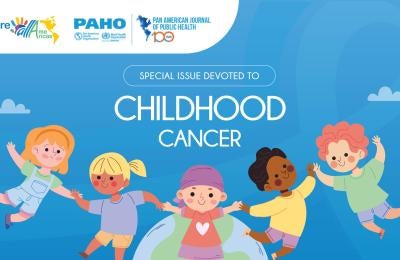Regulatory reliance pathways during health emergencies: enabling timely authorizations for COVID-19 vaccines in Latin America
Objectives
To map the timing and nature of regulatory reliance pathways used to authorize COVID-19 vaccines in Latin America.
Methods
An observational study was conducted assessing the characteristics of all COVID-19 vaccine authorizations in Latin America. For every authorization it was determined whether reliance was used in the authorization process. Subgroups of reference national regulatory authorities (NRAs) and non-reference NRAs were compared.














